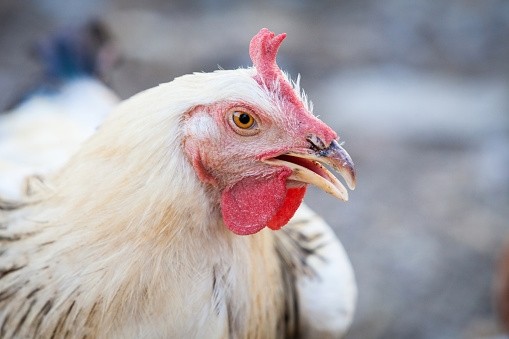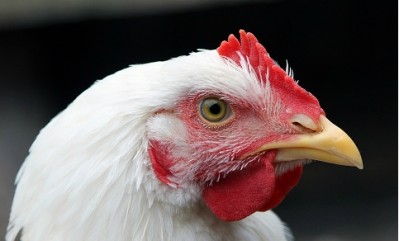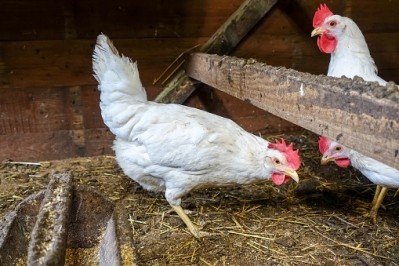National Chicken Council urges research into slow growth

The National Chicken Council (NCC) published a study detailing the environmental, economic and sustainability impact of raising slow-growing boiler chickens. After publishing its report, the NCC has called on foodservice operators, retailers and non-governmental organisations to invest in research that could lead to a massive change in white meat production.
“The National Chicken Council and its members remain committed to chicken welfare, continuous improvement and respecting consumer choice – including the growing market for a slower growing bird,” said Ashley Peterson, NCC’s senior vice president of scientific and regulatory affairs.
“However, these improvements must be dictated by science and data – not activists’ emotional rhetoric – which is why we support further research on the topic of chicken welfare and growth rates.”
Slow-grow - at a glance
The Global Animal Partnership states birds should not gain more than 50 grams of weight per day, averaged over entre the growth cycle. The current industry average is around 61g per day.
Massive cost hurdles
The NCC study suggested that raising slower growing chickens could lead to a “sharp increase” in prices. The use of environmental resources, such as water, air, fuel and land would also be expected to rise if birds were kept alive for longer.
Some of the NCC’s findings suggest massive hurdles are in the way of the industry even partially moving to a slow-grow production system. It estimates over 1.5 billion more birds would be needed every year and the additional costs to the industry could reach $9bn per year. This huge projected price increase could create food instability, putting millions of people at risk who may not be able to pay for poultry at a premium price.
Despite the obvious hurdles stressed by the NCC, the council recognised that it has to have a “commitment” to poultry welfare and the changing demands of consumers, many of whom who increasingly care about animal welfare.
No proof slow-grow will benefit welfare
“We are the first ones to know that success should not come at the expense of the health and wellbeing of the birds,” added Peterson. “Without healthy chickens, our members would not be in business.”
She added there will be be good and bad “trade-offs” by switching to a slow-grow system as there may not be “measureable welfare benefits”.
“We don’t know if raising chickens slower than they are today would advance our progress on health and welfare - which is why NCC has expressed its support to the US Poultry and Egg Association for research funding in this area,” added Peterson.









